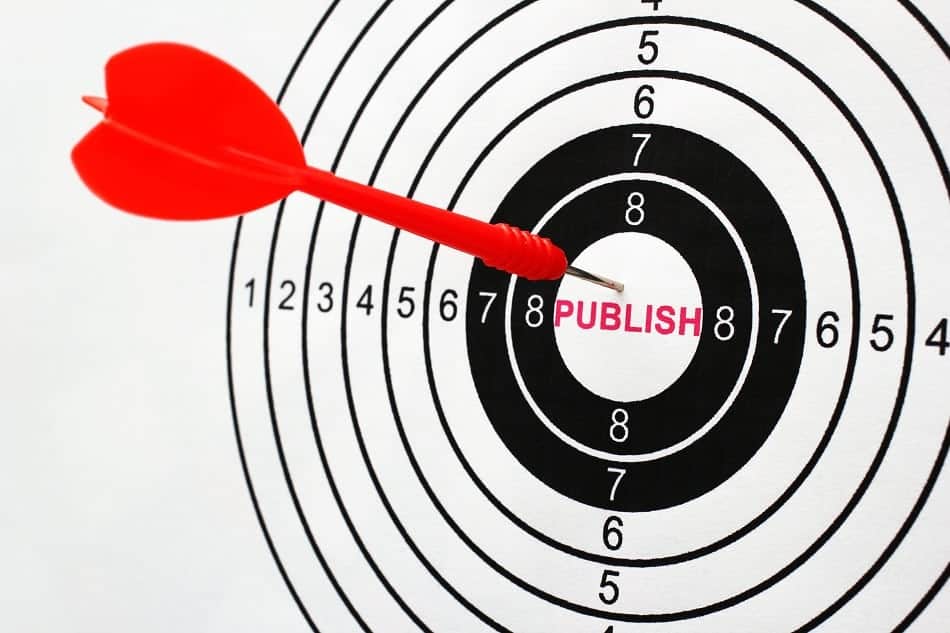Excellent Writing Skills will Increase Publication Success
It may be true that producing perfect prose for a writing task is an ideal very few authors can achieve, even for a short run of text. There may always be a better way to describe your methods, a more effective way to present your data and a more persuasive way to express your thoughts and conclusions than the ones you have used in any given situation. In my experience, those better words and phrases and especially those tantalisingly perfect periods tend to arise in the mind right after a manuscript has been sent off for consideration by an acquisitions editor – when, that is, it is too late to make changes to the submission.
It is not too late, however, to record your new ideas for better text as possible revisions to your manuscript, and this can be done whenever a potential change comes to mind. Whether your work is accepted or rejected by a journal or publisher, a list of the changes you have considered since first submitting your writing can prove useful because it will enable you to come closer to that ideal of perfection as you either polish your work for publication or prepare it for submission elsewhere. Since it is usually impossible not to think about your writing as you await a response from an editor, recording ways in which to improve your prose can channel that anxiety in productive ways.
The list you make will prove absolutely invaluable if an acquisitions editor writes to let you know that your research seems appropriate for publication, but your language or writing style is problematic and will require revisions before your manuscript can be seriously considered. You will have a sound beginning for the changes you will need to make, and it may even turn out that you have already imagined improvements for specific parts of your text that have been singled out as problematic or unclear by an editor or peer reviewer. Whether this is the case or not, you will be able to inform the editor in your response that you recognise that there are problems with your language and have already begun working on corrections and improvements. If that editor or the publisher’s peer reviewers have bothered to mark specific passages for your attention, it is unlikely that you will have identified and anticipated all of the problems, so your reply also provides an excellent opportunity to thank the editor for the constructive criticism.
Any passages specified in this way by the editor should be your first concern, and not only because they will have to be changed to ensure clarity and earn publication, but also because it is likely that they are particularly prominent examples of problems that exist elsewhere in your prose and are preventing the effective communication of your research. Your ability to apply the lesson of a single comment to all instances of the same or a similar problem can mean the difference between acceptance and rejection when you submit your writing for reconsideration. It is therefore imperative that you understand exactly what is problematic about any passages so marked, and also that you understand with precision any extra comments about your language or grammar that the editor may have offered. If, for instance, dangling modifiers are noted as a problem that is preventing you from reporting the details of your research with clarity, be sure that you know or find out exactly what a dangling modifier is so that you can identify every instance in your manuscript and make the necessary corrections.
If you are new to scholarly writing in the English language or simply unsure of how to proceed, it will be a good idea to consult an expert. A professional editor or proofreader who works on scholarly writing and specialises in your academic or scientific field will be able to help you approach perfection in your prose, and it will not hurt to point out to the editor when you resubmit your writing that your paper has benefitted from the services of such an individual.
You might be interested in Services offered by Proof-Reading-Service.com
Journal Editing
Journal article editing services
PhD Thesis Editing
PhD thesis editing services
Expert Editing
Expert editing for all papers
Medical Editing
Medical Editing Services
Research Editing
Research paper editing services
Book Editing
Professional book editing services

















